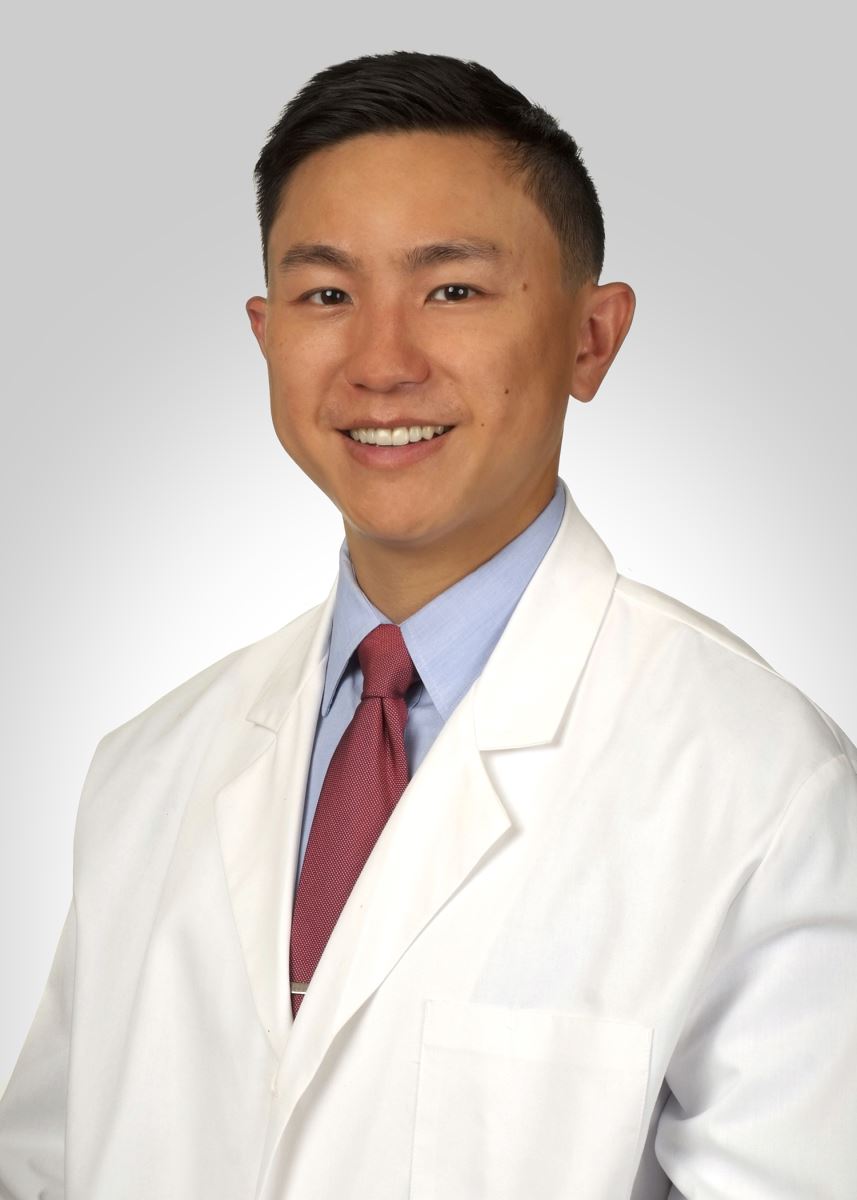Carotid artery disease is one of the most common causes of stroke, and it’s imperative that everyone understands their risk factors and how to prevent it.
The two carotid arteries are located on either side of the neck and supply the brain, face and head with oxygen-rich blood. Carotid artery disease develops when one or both arteries become narrowed or blocked by fatty deposits, which form clots that can cut off the blood supply or break off inside the artery and travel to the brain, causing a stroke.
“There often aren’t symptoms related to carotid artery disease, so it’s important to know your risk factors and discuss them with your physician,” said Patrick C. Yu, MD, a specialist in vascular surgery associated with The Surgical Clinic in Columbia who performs procedures at Maury Regional Medical Center.
Who’s most at risk?
The risk for carotid artery disease naturally increases with age as arteries become narrower. Other risk factors include diabetes, a family history of carotid artery disease or stroke, obesity, high blood pressure and cholesterol, and smoking or using other tobacco products.
Men are more likely to develop carotid artery disease before the age of 75, while women have a higher risk factor after turning 75 years old.
Talk with your physician about your risk factors and if you would be a good candidate for a vascular screening. Maury Regional Health offers ultrasound imaging to detect signs of blockages in the carotid arteries. Studies may be ordered by a physician or self-scheduled by calling 931.380.4044.
Can you prevent carotid artery disease?
There are ways to help slow the progression of carotid artery disease or prevent it altogether.
Making daily activity changes like being more active, quitting smoking, eating healthier and keeping track of your blood pressure can make a big difference in preventing carotid artery disease.
“Not only can you reduce your risk for developing carotid artery disease, but your stroke risk is also reduced by committing to a healthy lifestyle,” Dr. Yu said. “Along with those changes to your lifestyle, a physician may also prescribe blood-thinning medications to aid blood flow and reduce the risk of clots.”
Don’t forget these stroke signs
If you notice someone experiencing symptoms of stroke, call 911 immediately. The American Stroke Association encourages the acronym BE FAST as an easy way to remember the signs:
- Balance – Sudden loss of balance or dizziness
- Eyes – Sudden loss of vision in one or both eyes
- Face – One side of the face is drooping
- Arms – One arm is weak or numb
- Speech – Sudden difficulty speaking or understanding, slurred speech
- Time – Call 911 immediately
Maury Regional Medical Center is recognized with certification as an Advanced Primary Stroke Center by The Joint Commission and American Heart Association/American Stroke Association. Physicians providing care for vascular disease include Maury Regional Medical Group hospital-based neurologists, a neurosurgeon, vascular surgeons and cardiologists.
Marshall Medical Center in Lewisburg and Wayne Medical Center in Waynesboro are also equipped to stabilize and provide timely medications to those experiencing a stroke, as well as offer ultrasound carotid screenings.
For more information on the stroke services offered at Maury Regional Health, visit MauryRegional.com/Stroke.

Patrick C. Yu, MD